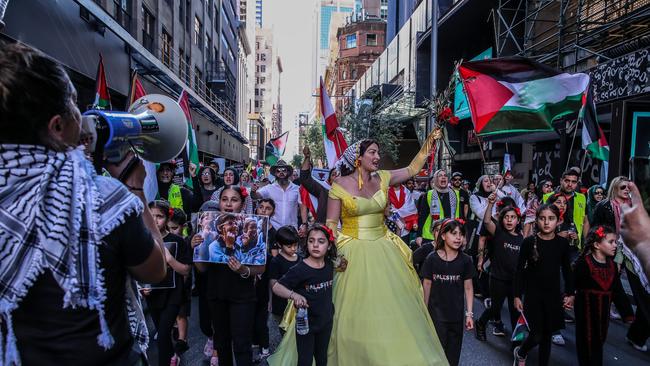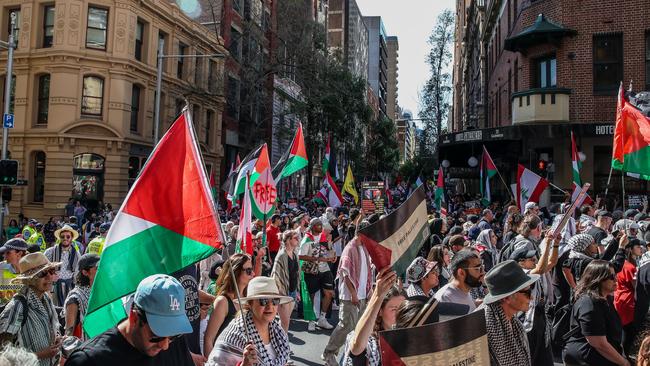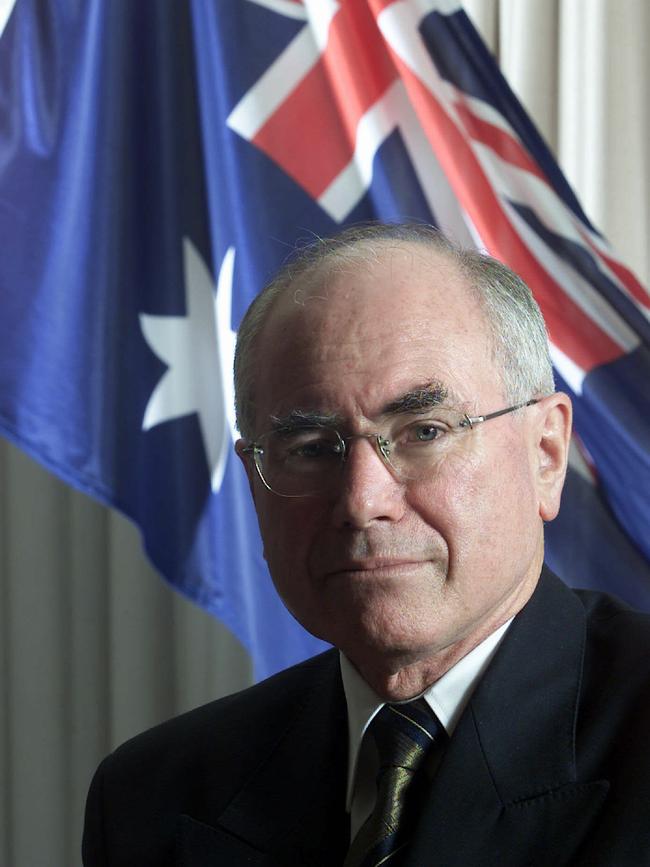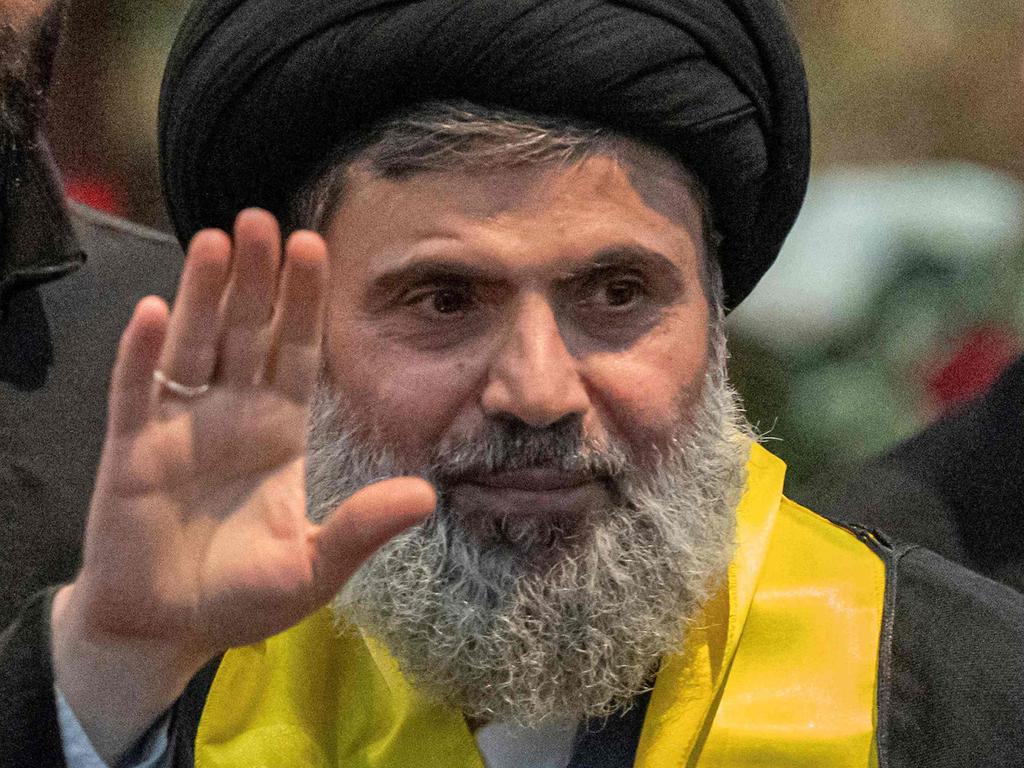
At a conference soon after his retirement from office, Bob Hawke admitted that there had been “an implicit pact between the major parties to implement broad policies on immigration that they know are not generally endorsed by the electorate” and that “they have done this by keeping the subject off the political agenda”.
Perhaps this official reluctance to discuss the social impact of immigration is a matter of collective shame over the White Australia policy that was in place for the first 50-odd years of our national existence.
Perhaps it’s the recollection of John Howard’s fate, in his first incarnation as Liberal leader, after he suggested that a case could be made for slowing down the rate of Asian immigration.
Perhaps it’s the natural reluctance to give possible offence to anyone who wasn’t born here or whose ancestry differs from our own. Or perhaps it’s fundamental doubt about what it means to be an Australian anyway, other than the fact of living here.
Whatever the reason for this diffidence, it shouldn’t stop us asking what is needed for social cohesion to be maintained, especially when recent overseas events are producing convulsions here, at least partly because many recent migrants have brought their old hatreds to their new country.
While the right to protest is fundamental to any democracy, the latest polling this week suggests a strong majority of Australians are fed up with a perma-protest culture fuelled by grievances abroad.
It’s not just that demonstrations have now been running in Sydney and Melbourne almost every week for a year, with all the attendant disruption to people going about their normal lives. Or the expense, even though the cost of policing dozens and dozens of these protests now runs into literally many tens of millions of dollars. At some point, being against the Middle East’s only liberal democracy, the only country in the region where women and gays have equal rights, and effectively in favour of Hamas, Hezbollah and Iran – all of them Islamist theocracies – starts to become un-Australian.
This isn’t the first time a conflict overseas has badly divided our country. The Great War saw bitter divisions over conscription, fuelled in part by some Irish-descended Australians’ antipathy to participation in a “British” war.
The Vietnam War, again, saw bitter divisions over conscription plus a strong anti-war movement.
But both of these examples were wars where our uniform was on the battlefield; this time we’re seeing perhaps the first big internal division in which much of the shouting is coming from recent immigrants (or mere visa holders) such as the sheiks and imams who are willing to defend terrorist regimes if it means they can legitimise the targeting of Israel.
People’s interest in their original homelands is entirely understandable but it becomes a problem if overseas issues are judged less in terms of what’s best for Australia and its people than what’s best for somewhere else.
There are many factors at work in the now routine demonstrations in our big cities explicitly against Israel and implicitly in favour of Middle Eastern terror groups.
One is the leftist mindset that’s behind Black Lives Matter protests and Extinction Rebellion disruptions, as well as the anti-Israel demonstrations.

Then there are the obvious humanitarian concerns about the civilian casualties inevitable in urban warfare.
But an undeniable factor is Australia’s changing make-up, largely through immigration.
In the current unrest, the growing influence of a Muslim voting bloc has heightened tensions inside the political left. Since 2006, Muslims as a percentage of our population have doubled (now 3.2 per cent) and, according to The Muslim Vote organisers, the most important issue by far for their constituency is not cost of living (as it is with the majority of other voters) but the situation in Gaza, which is being leveraged against sitting Labor MPs in the dozen federal seats with a 10 per cent plus Muslim population.
Of course, people are entitled to their opinion, but it is disturbing when that opinion is quite at odds with what Australians are supposed to believe.
For instance, the pledge that all new citizens take – and that presumably reflects the civic culture of all of us – cites “loyalty to Australia and its people, whose democratic beliefs I share, whose rights and liberties I respect, and whose laws I will uphold and obey”.
There’s no democracy and there’s no liberty, as it’s normally understood, in Gaza, on the West Bank or in Iran.
Then there’s the citizenship test, with five questions about Australian values, that all newcomers are supposed to pass and that, again, presumably reflects what is supposed to be our accepted civic culture.
The official practice test gives peaceful protest as an example of freedom of speech but it also makes clear that Australia is a secular society, with equal rights for all, where people can freely vote in elections, and where disagreement must be peaceful and respectful.
There hasn’t been too much respect on our streets for Australian Jews who report anti-Semitism at unprecedented levels. And there hasn’t been much respect in the mosques where Islamist preachers have rejoiced in the October 7 atrocity as recently as this week as a “good day” that ought to be “celebrated”.

No one wants to see a change to the non-discriminatory immigration policy that has helped to make Australia what is arguably the world’s most successful immigrant society. But this can continue to be the case only if migrants are genuinely coming to join us rather than to change us; because the only way a diverse, multi-ethnic society, with no majority religion, can continue to flourish is with a strong civic ethos and a deep commitment to Australia and our shared values.
In the absence of an ethnic or religious patriotism, we need a civic one. That’s what we had in the decades after World War II as our immigration program shifted from the British Isles to continental Europe and eventually to Asia too. There was a strong focus on integration into what was then thought to be the world’s best country.
But that was before schools and universities started teaching the black-armband view of Australian history, the government started flying three flags instead of the one Australian flag, and every official and community event started with an acknowledgment that it was some people’s country more than others’.
It’s telling that there was no public mourning for Osama bin Laden when he was killed 13 years ago, unlike the recent outpouring of grief for the dead terrorist Hassan Nasrallah.
Multiculturalism has gone too far when it extends to celebrating terrorist leaders on the streets of Australia. John Howard often used to say that the things that unite us as Australians are always more important than anything that divides us.
But if some of us can’t see that supporting terrorism is wrong, if we can’t unite in condemning the slaughter of October 7, then what social glue have we left?







While modern Australia is the product of immigration, immigration policy is one of least discussed aspects of government even though there are few things that make a more long-term difference to the country.